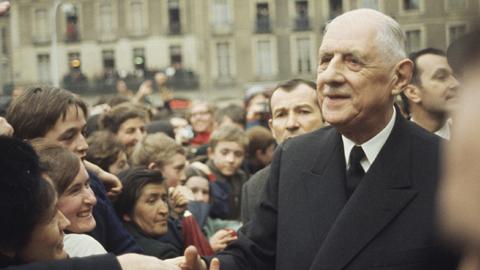The Brexit soap opera continues, with all eyes now fixed on the Irish frontier. The land border between Northern Ireland and the Irish Republic is open, but it will be difficult to keep it that way once the UK leaves the European Union. Late last year Theresa May’s government accepted Brussels’ demand for an “Irish backstop” in its Brexit plan—a commitment to introduce a customs border between Northern Ireland and the rest of the UK so that cross-border travel and trade would remain seamless. The unpopularity of this idea among UK Brexiteers is the chief reason Parliament voted down Prime Minister May’s proposed Brexit agreement with the EU.
Britain’s problem with the EU goes back decades. From the 1957 Treaty of Rome to the present day, Europe has been both the opportunity Britain cannot embrace and the problem Britain cannot solve. In the 1950s, Britain stood aloof from the increasingly integrated Continent as it clung to the remnants of its empire. In the 1960s it applied, twice, to join; both times its application was scuttled, twice by the implacable, but arguably correct, French President Charles de Gaulle. In 1973 Britain finally succeeded in joining the club, but euroskepticism was already so strong in British politics that the country held a referendum on leaving in 1975. Remain won that round, but British ambivalence over Europe has never gone away.
Read the full article on the Wall Street Journal website "here":https://www.wsj.com/articles/charles-de-gaulle-saw-brexit-coming-115481…


















